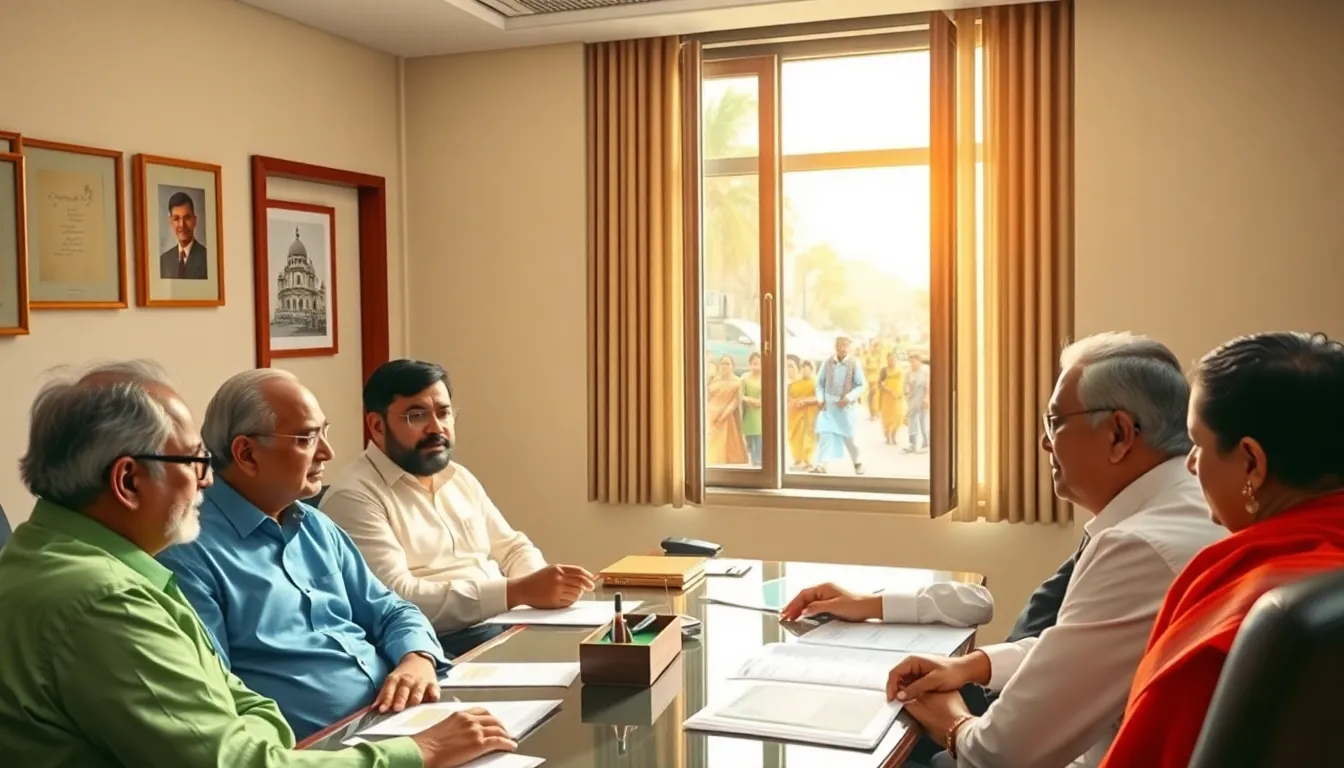On June 23, 2025, Chief Minister Bhupendra Patel received the third report from the Gujarat Administrative Reforms Commission (GARC). This commission was created to improve the state’s governance structure in line with Prime Minister Narendra Modi’s vision for a developed India by 2047. The GARC, led by its chairman, Dr. Hasmukh Adhia, has prepared ten key recommendations to enhance the state’s administration.
The establishment of GARC was announced in the 2025-26 budget. Its aim is to make necessary changes to the governance systems in Gujarat. Under the guidance of Dr. Adhia, GARC has submitted two previous reports, and this latest one focuses on making government services more accessible to citizens.
The report highlights the ‘Citizen First’ approach, which puts the needs of the common person at the center of government operations. It proposes the use of digital infrastructure and systematic reforms to ensure transparent, speedy, and citizen-centric governance.
Some key recommendations include integrating scholarship schemes into a single platform for better coordination. This online portal will streamline the distribution of scholarships and reduce the burden on employees. Additionally, it suggests that pension payments for retired government employees should be automated. This will ensure timely deposits into their bank accounts on the day of retirement.
Another recommendation advocates for the creation of a task force to consolidate government resolutions (GRs) across departments. This will help minimize inconsistencies in understanding various resolutions.
GARC also proposes to develop a comprehensive GIS-based system to manage all government assets and services in rural areas. This system will improve budget allocation and efficiency. Moreover, it suggests enhancing user experience in public transport by allowing ticket purchases through QR codes and UPI payments. Real-time tracking of buses will also be implemented.
The report emphasizes the importance of digitizing official documents, enabling citizens to access essential certificates directly in their DigiLocker accounts. Furthermore, it recommends the creation of a dynamic e-civil list for all government employees to improve transparency and accountability.
Dr. Adhia, while presenting the report, stated that the recommendations aim to foster a technology-driven governance model. He believes that citizens will not only participate in Gujarat’s development but will also become partners in progress.
The recommendations from GARC’s third report are available on their official website, ensuring that citizens can access this information easily.
As Gujarat moves towards a digitally empowered future, these reforms are expected to strengthen trust in government services and improve efficiency. The Chief Minister’s office is committed to implementing these changes for the betterment of the state’s administration and its people.


Leave a Reply